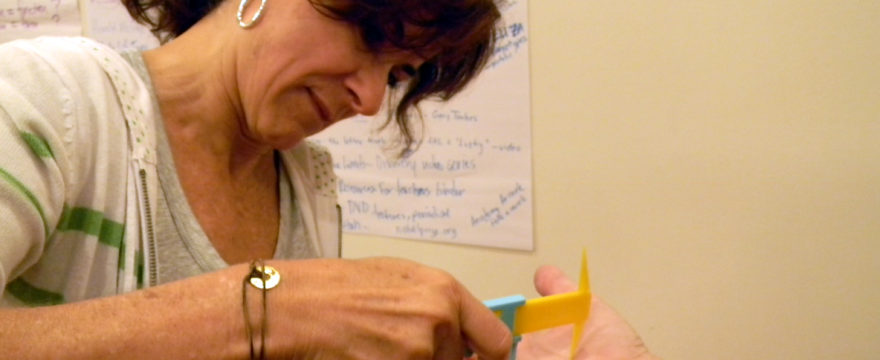Workshops: Search by Date
The events on the calendar below are one of these three types:
-
-
Online, live, interactive workshops hosted on Zoom.
-
In-person workshops that occur in Asheville, North Carolina, USA.
-
In-person workshops that occur around the world at public gatherings such as professional conferences or IB workshop locations where participants can join if they are registered for the conference or through the IBO.
-
To attend a workshop, click on the desired event. Registration will culminate in payment by credit card or with the issue of a quote if it is needed to request a Purchase Order. When the registration is complete, the participant will receive an email confirmation (confirmation will contain a Zoom meeting link and password for online, live events). All dates and times are given in U.S. Eastern Standard Time or Eastern Daylight Time.
